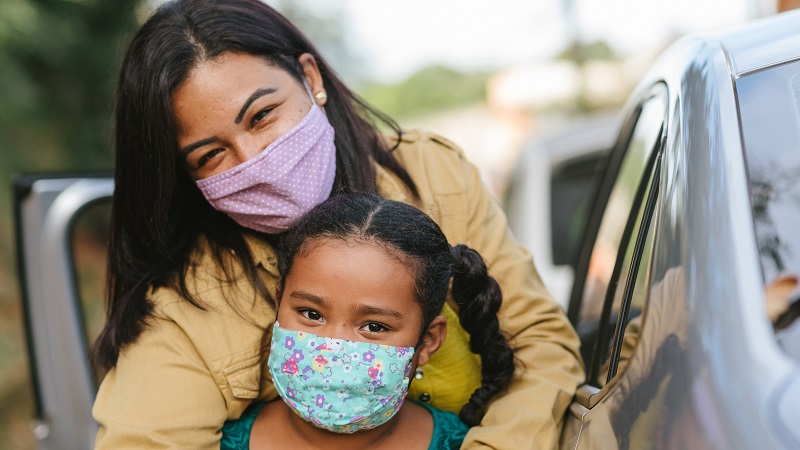Living in Separation: Surviving a Co-Parenting Setup during the Pandemic

Parenting can be both rewarding and challenging. Apart from dealing with tiny human beings running around, throwing occasional tantrums, discovering themselves and the world, you need to ensure you provide them with proper care and nourishment they deserve to grow up happy and healthy. Indeed, child-rearing can be demanding. Factor in divorce on a deadly pandemic; things may quickly spiral out of control.
If you are in the same boat, know that you are not alone. According to reports, divorce petitions are on the upswing, with 21% citing the pandemic as a significant factor. For whatever reason, splitting during a global health crisis can be taxing for all parties involved.
However, it doesn’t always have to go down south. There are ways couples can navigate through joint custody and co-parenting successfully despite the current situation.
Strive to meet halfway
Working as a team in raising your children can make things easier, regardless of the marital situation. This can be as simple as agreeing to no sugary foods before and after dinner, having limited screen time during school days, or giving them a time-out when certain rules are broken. Therefore, it’s best to create a plan where the needs and wants are carefully addressed.
This is crucial, especially when it comes to your children’s health and education. For example, if the growing cases of COVID-19 among children concerns you, discuss the possibilities of homeschooling your child in the meantime. Find institutions that offer a premium online education program to cater to your child’s needs.
Consequently, if physical classes would benefit them more, ensure that you keep yourself updated with the health protocols in your state, learn about the safety guidelines of your child’s school, and educate them about proper social distancing and sanitizing.
When ex-partners agree to compromise and set aside their differences for the sake of their children, they start to establish a healthy environment where everyone can co-exist.
Observe your child and address sudden changes
The stress on children knowing their parent’s separation can manifest in various ways. However, the current situation may make it more challenging, especially if they are too young to understand. Since you can’t be with them 24/7, you need to be more present and communicate with your ex about the changes that your child may start to show.
Although some children can bounce back quickly, others may find it difficult and display sudden mental and behavioral changes instead. It could range from physical, psychological, or emotional outbursts. This includes depression, anxiety, uncontrolled anger, irritation, social withdrawal, and delinquency. In some cases, children may show signs of regression, such as thumb sucking and bedwetting.
Whatever it is, know that these are normal. The best thing you can do at this time is to be there for your kids and address the issue. If needed, you can consult with professionals and consider therapies or counseling. Encourage your child to open up to you and let them know of the co-parenting setup you have with your ex. If you think they aren’t ready for it, give them time and avoid forcing the discussion.
Remember, it is not all about you
If you are lucky, separation from your partner without resentments and unresolved issues would make navigating your way to co-parenting easy and not much of a hassle. However, not everyone is fortunate enough to have that narrative. Therefore, it’s crucial to keep your disagreements and arguments among yourselves.
Your children do not need to hear your bickering, and they most certainly do not want you badmouthing each other. Moreover, don’t use them as your shock absorbers or life coaches. There are professionals you can hire to do that for you.
Know that you will eventually move forward, and it is vital to remember not to make everything about yourself or your struggles. Your issues with your ex are for both of you to resolve, so try to act more civil with each other and keep the conversations about your children’s best interest.
If possible, you can both agree on signing a contract indicating your responsibilities and agreed-upon setups. This may include visitations both physically and virtually, parallel house rules, boundaries, and pandemic response. You may add other necessary concerns that you see fit depending on each family’s case.
Most importantly, maintain open communication with your children and your ex. It is crucial to have a give and take relationship and ensure that its grounds are clear for all parties in this situation. Things may be hard now but remember that these changes are temporary, and things will get better eventually.